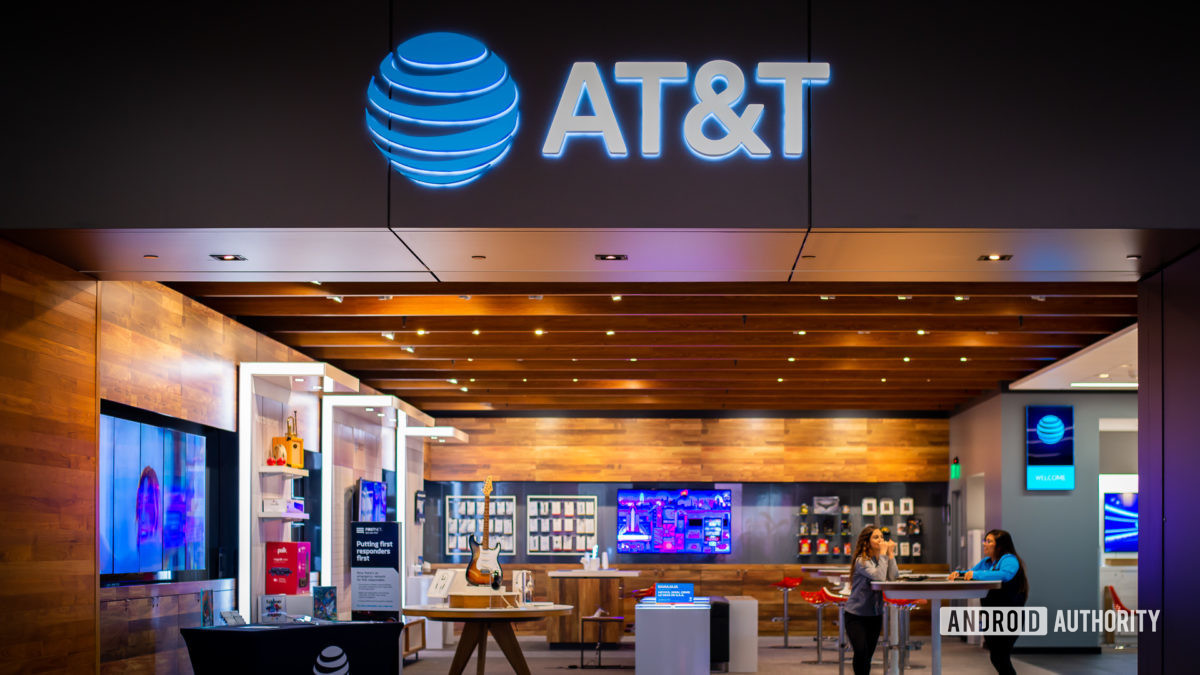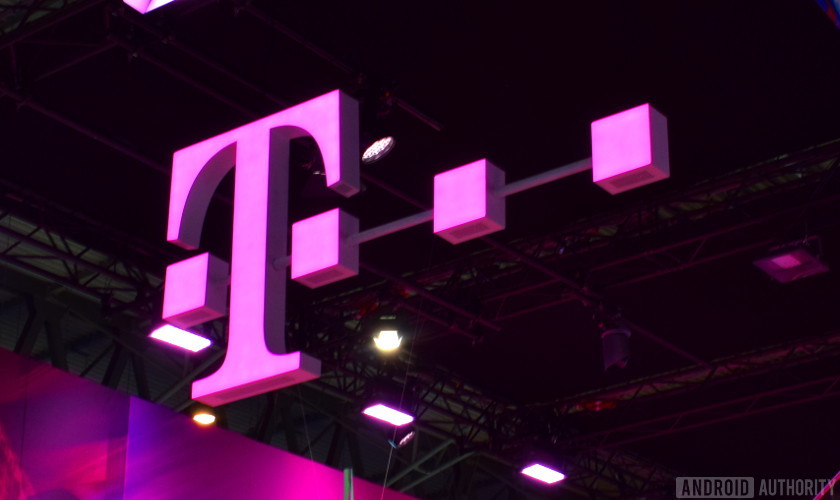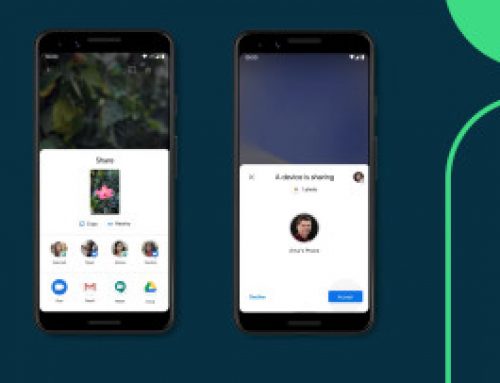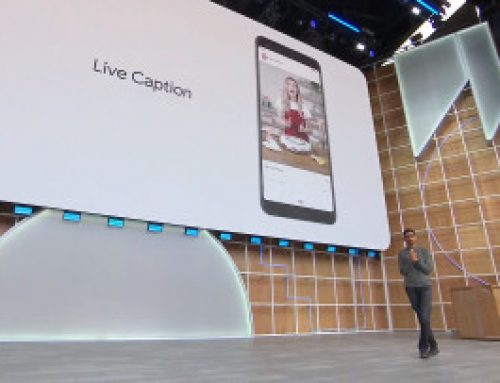
“Our love affair with the tablet is over.” This, according to an opinionated article by Zal Bilimoria over on the CNBC partner site Re/code. Immediately my senses go off, what does he know that I do not? Oh God, what if he is right. I take a deep breath and pause from reading his article on my Nexus 7, I clutch my tablet tightly, protecting it from an unimaginable and unexpected force that is ill intent on taking my tablet away from me.
After checking under the bed for this terrible monster, I overcome the fear and continue reading – Bilimoria paints a picture of tablets around the world being tossed into the corner to collect dust. Too large to be mobile and not powerful nor capable enough to perform PC functions.
Bilimoria explains that he was a part of the mobile team at Netflix during the boom of Android tablets starting in 2011. Many devices were launched in attempt to overthrow the iPad, which at the time had a clear marketing led. He mentions the Android powered Kindle Fire and Nook, the HP Touchpad running webOS and even BlackBerry’s PlayBook.
In seeing this growth, Netflix launched their own tablet optimized app to much success. Bilimoria takes the liberty of saying it was beautiful, and I must agree. Then, the story shifts.
As phone apps improved in terms of quality and speed, users abandoned their tablets for the device in their pocket that could access the Web anywhere and anytime from Wi-Fi or cellular connections.
Netflix witnessed a dramatic increase in phone usage for their streaming service and eventually merged their phone and tablet apps back into one offering. Bilimoria then references a stat that only 12% of tablets have cellular connections, “instantly making [tablets] non-mobile devices.” Furthering that conclusion, he mentions his own iPad, iPad mini, Kindle Fire and Motorola Xoom acting as paperweights as he sits comfortably with a five-inch phone in hand.
The final summary of Bilimoria’s article is that tablets will have a home as single purpose devices and for enterprise use, such as a dedicated flight companion for pilots. In the personal computing market, he believes that users may keep a tablet on the side, but a well equipped smart phone in pocket and a powerful laptop on the desk will be enough for most users.

Good news, the monster still has not come for my tablet.
I let it all sink in, I try to see all aspects of the story and how things are constantly changing for personal computing. Just before I come to terms with Bilimoria’s conclusions, it hits me, the limitations of his personal experiences prevent him from seeing that tablets are not dead.
I look through user comments on the article, many of them do not see the demise of the tablet either – they offer opinions and stories of their own for the bright and successful future of tablets and about amazing, and resourceful, ways that tablet usage continues to change their lives.
The two key concepts that I believe Mr. Bilimoria uses to validate his opinion are the exact two that I think he has overlooked, size and capabilities. These two things evaluated as one will absolutely determine the use of a tablet. Starting with size:

Pocket Test
This is pretty straight forward: Does the tablet fit into your pocket? I reference the back pocket of a typical pair of men’s jeans, the typical woman’s purse handles about the same size of tablet. Most of Mr. Bilimoria’s tablets are not used as mobile devices because they do not fit in his pocket, it’s that simple.
Although the iPad Mini will fit for some, 8+ inch devices are slightly too big for the average pocket. The one device remaining that could fit in most your pockets, the Kindle Fire, does not pass the next test.
Device Capabilities
When I say capabilities, I refer not only to the horsepower of the device, but also to what the device is capable of connecting to and the ecosystem behind it. Let me start at the end – the sole device in Mr. Bilimoria’s list that passes the back pocket test is a first generation, altogether low performance device that connects to one of the smaller ecosystems available. The Kindle Fire is not a bad device and Amazon has a wonderful ecosystem, but neither fares well when directly compared to a powerful tablet like the Nexus 7 and Google’s full selection of apps and services.
The tablet continue to live on as a high usage personal device, if only in the ~7 inch size range.
My conclusion is that I believe the tablet continue to live on as a high usage personal device, if only in the ~7 inch size range. Large tablets will be the tools of the trade, non-personal devices generally available for co-workers or family members to share, alongside, or in replacement of, the standard PC.
Will some folks turn to the 5+-inch handset to replace tablets? Absolutely, but for others phones will remain ultra-personal devices, the hub of personal mobile computing, the holder of files, but also the access point to the internet for the primary mobile device, the 7″ tablet — a device that effectively bridges the gap between 5-inch or lower handsets and a 10+-inch PC.
In the end, this debate will not be settled academically, it can only be determined by the personal preferences, and budgets, of the majority of users – users like you. I urge you to weigh in on this topic, comment below and participate in our polls.
Note: There is a poll embedded within this post, please visit the site to participate in this post’s poll.
Note: There is a poll embedded within this post, please visit the site to participate in this post’s poll.





Leave A Comment